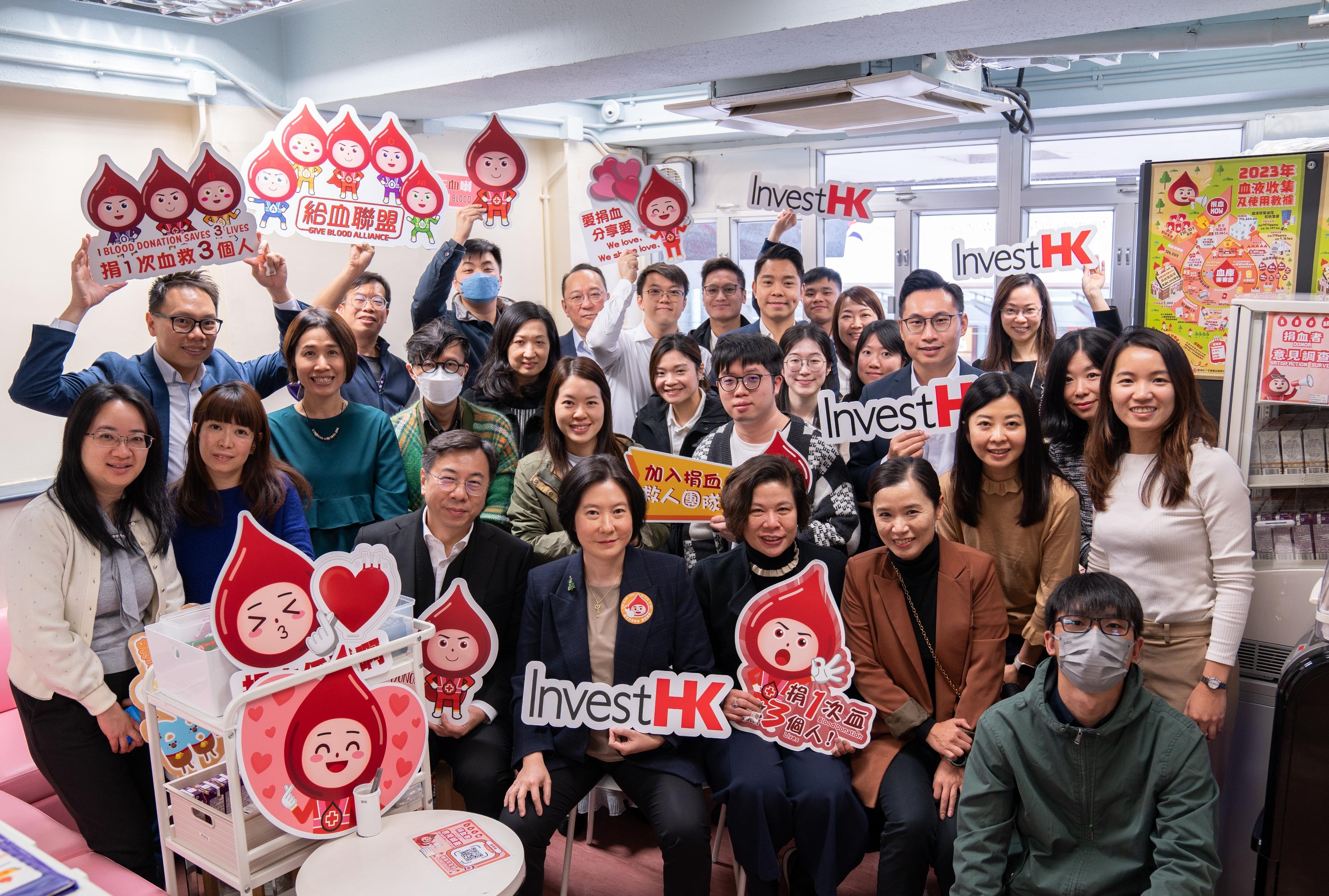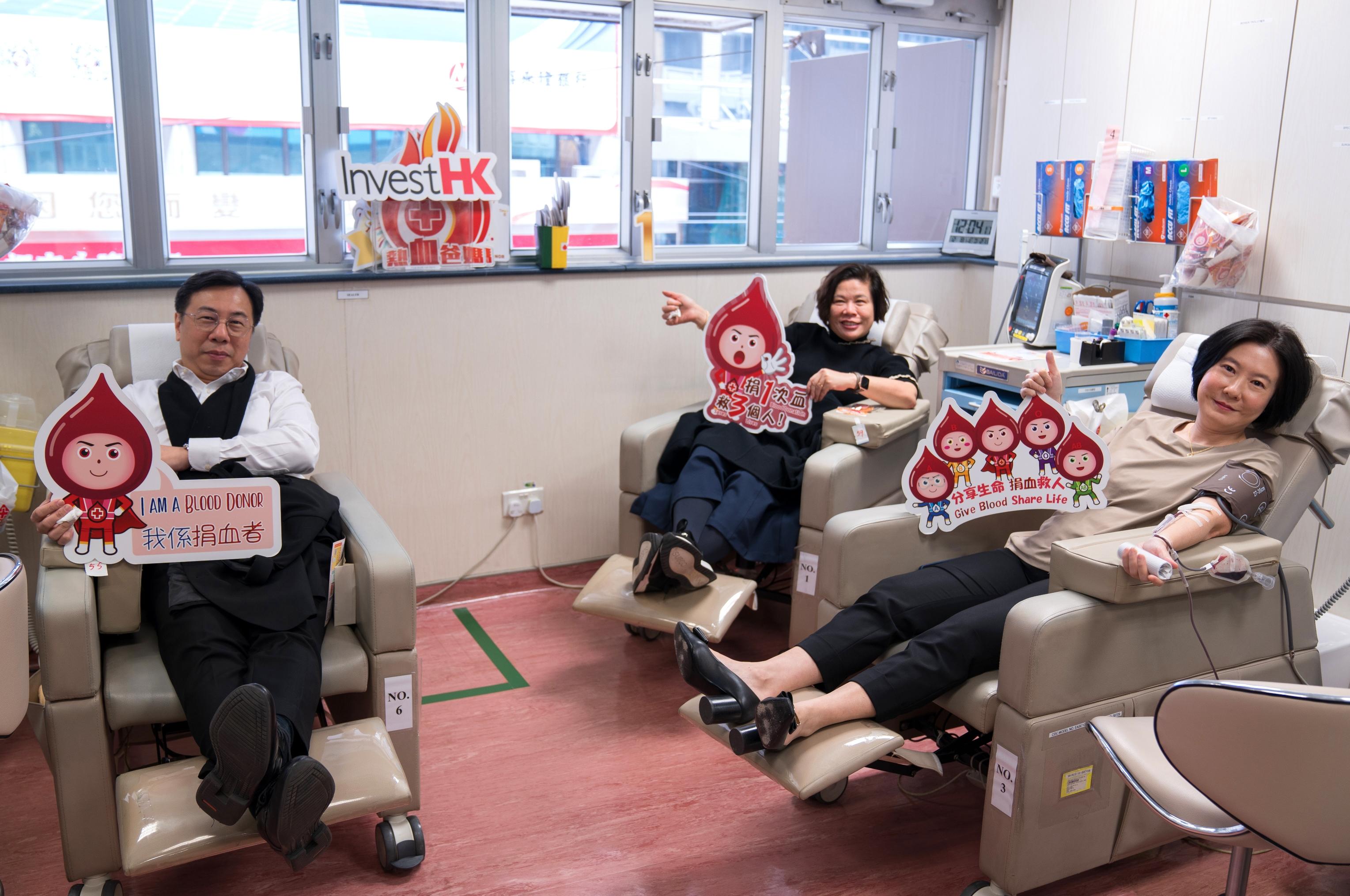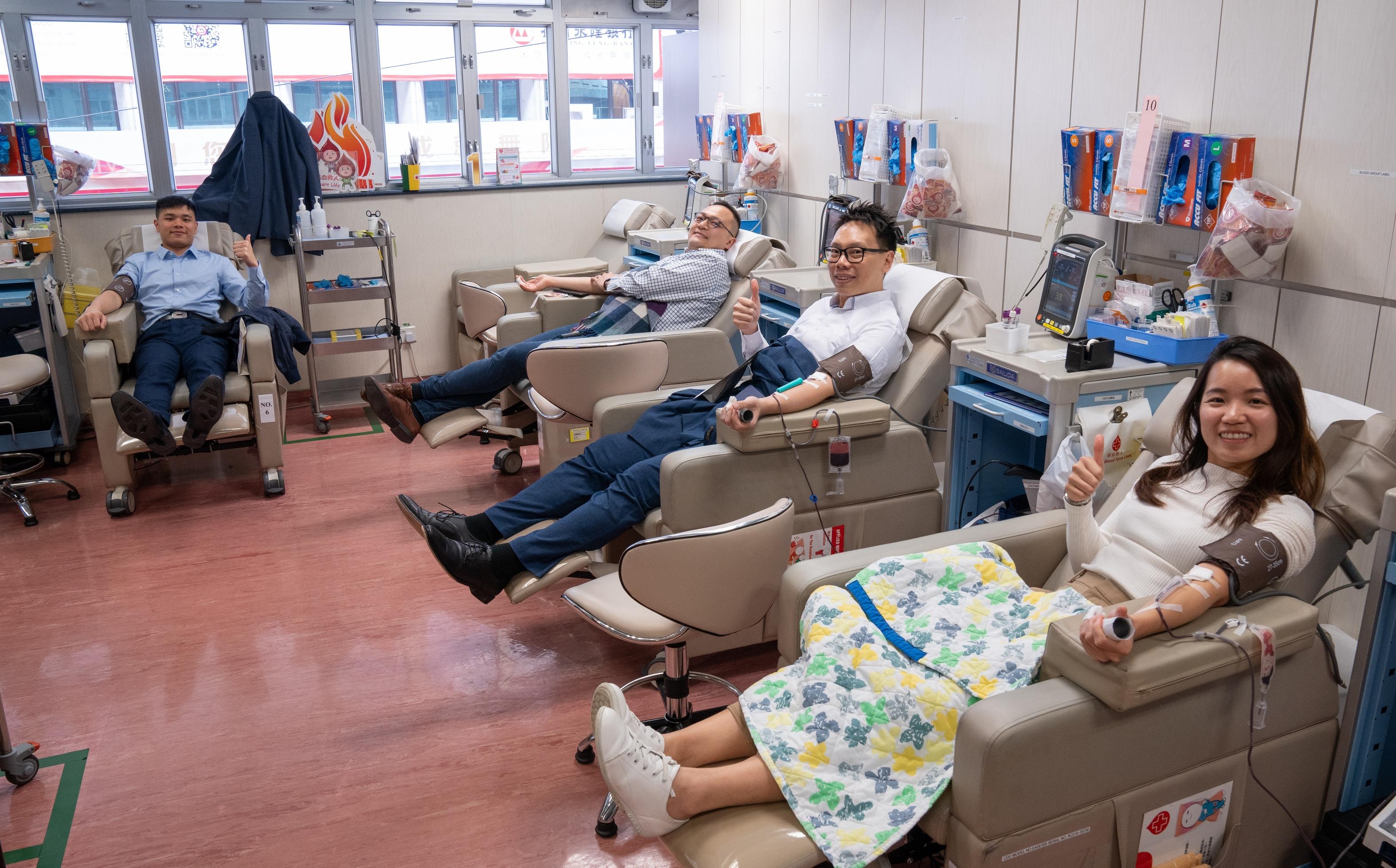Special traffic arrangements for football match at Hong Kong Stadium
Police will implement special traffic arrangements in So Kon Po and Causeway Bay to facilitate a football match to be held at the Hong Kong Stadium on December 20 (Friday).
A. Traffic arrangements at the commencement of the event
Depending on the crowd and traffic conditions, the following traffic arrangements will be implemented from about 5.30pm:
Road closure
———————–
– Caroline Hill Road between its eastern junction with Leighton Road and Cotton Path;
– Part of the traffic lane of Caroline Hill Road between Eastern Hospital Road and Cotton Path;
– Westbound Hysan Avenue between Yun Ping Road and Hoi Ping Road;
– Stadium Path; and
– Lee Garden Road between Lan Fong Road and Hysan Avenue, except for green minibuses (GMBs).
Traffic diversions
———————————–
– Caroline Hill Road between its western junction with Leighton Road and Stadium Path will be re-routed one way southbound;
– Eastern Hospital Road between Stadium Path and Tung Lo Wan Road will be re-routed one way northbound;
– Caroline Hill Road between its western junction with Leighton Road and Link Road will have two lanes for traffic entering Caroline Hill Road from Hoi Ping Road;
– Hysan Avenue between Leighton Road and Hoi Ping Road will be re-routed one way eastbound;
– Eastbound Hysan Avenue will have two lanes for traffic turning right to Hoi Ping Road;
– Vehicles leaving the private driveway of Lee Garden One must turn left to eastbound Hysan Avenue;
– Traffic along Yun Ping Road cannot turn left to westbound Hysan Avenue, and vehicles will be diverted to Lan Fong Road and Pak Sha Road;
– If necessary, traffic along northbound Link Road downhill to northbound Caroline Hill Road must turn left to westbound Leighton Road; and
– If necessary, traffic along Lan Fong Road cannot turn left to southbound Lee Garden Road, and vehicles will be diverted to northbound Lee Garden Road, Foo Ming Street and southbound Percival Street, except for GMBs.
Passenger alighting arrangements
—————————————————————
The drop-off zone for taxis and private cars will be arranged to set down passengers at the locations specified below:
– Western kerbside of Caroline Hill Road near the Disciplined Service Sports and Recreation Club;
– Northern kerbside of Cotton Path; and
– Southern kerbside (taxi drop-off zone) and northern kerbside (private car drop-off zone) of Eastern Hospital Road near the main entrance of Hong Kong Stadium.
B. Traffic arrangements on conclusion of the event
Depending on the crowd and traffic conditions, the following traffic arrangements will be implemented from about 9.30pm:
Road closure
———————–
– Caroline Hill Road;
– Eastern Hospital Road between Caroline Hill Road and Cotton Path;
– Hoi Ping Road;
– Sunning Road, except for vehicles exit from Lee Garden Three Car Park;
– If necessary, Cotton Path, Leighton Road, and northbound Link Road (downhill), except for vehicles heading for No. 1, 3, 5 and 7 on Link Road.
Traffic diversions
———————————–
– Before the end of the event, vehicles may be permitted to leave the South China Athletic Association car parks by turning right at the western exit to northbound Caroline Hill Road;
– Before the end of the event, vehicles may be permitted to exit buildings on Eastern Hospital Road by turning right to northbound Eastern Hospital Road;
– Traffic along westbound Leighton Road cannot enter Caroline Hill Road for Link Road, and vehicles will be diverted via Wong Nai Chung Road and Broadwood Road; and
– When Leighton Road is closed, traffic along westbound Causeway Road will be diverted via Irving Street; traffic along eastbound Morrison Hill Road will be diverted via Canal Road West; traffic along southbound Percival Street must turn right to westbound Leighton Road; and traffic along southbound Canal Road East cannot turn left to Leighton Road.
C. Traffic arrangements throughout the event
Prohibition for learner drivers
——————————–
From 5pm to 11pm, learner drivers cannot enter Tung Lo Wan Road from Causeway Road. The following roads will also be prohibited to all learner drivers:
– Westbound Leighton Road;
– Percival Street south of Hennessy Road;
– Caroline Hill Road;
– Link Road;
– Stadium Path;
– Cotton Path;
– Eastern Hospital Road; and
– Eastern Hospital Road service road.
Suspension of parking spaces
—————————-
All on-street parking spaces on the following roads will be suspended from 5pm to 11pm:
– Stadium Path;
– Northbound Caroline Hill Road between Stadium Path and Cotton Path;
– Hoi Ping Road;
– Sunning Road; and
– Eastern Hospital Road service road.
Restrictions on access to / exit from car parks
———————————————–
If necessary, all car parks along Caroline Hill Road, Eastern Hospital Road, Stadium Path and Cotton Path may be closed at short notice.
Vehicles in car parks within the road closure area may not be permitted to leave during the road closure period.
All vehicles parked illegally during the implementation of the above special traffic arrangements will be towed away without prior warning, and may be subject to multiple ticketing.
Actual implementation of traffic arrangements will depend on the traffic and crowd conditions in the areas. Members of the public are advised to exercise tolerance and patience and take heed of instructions of the Police on site.


